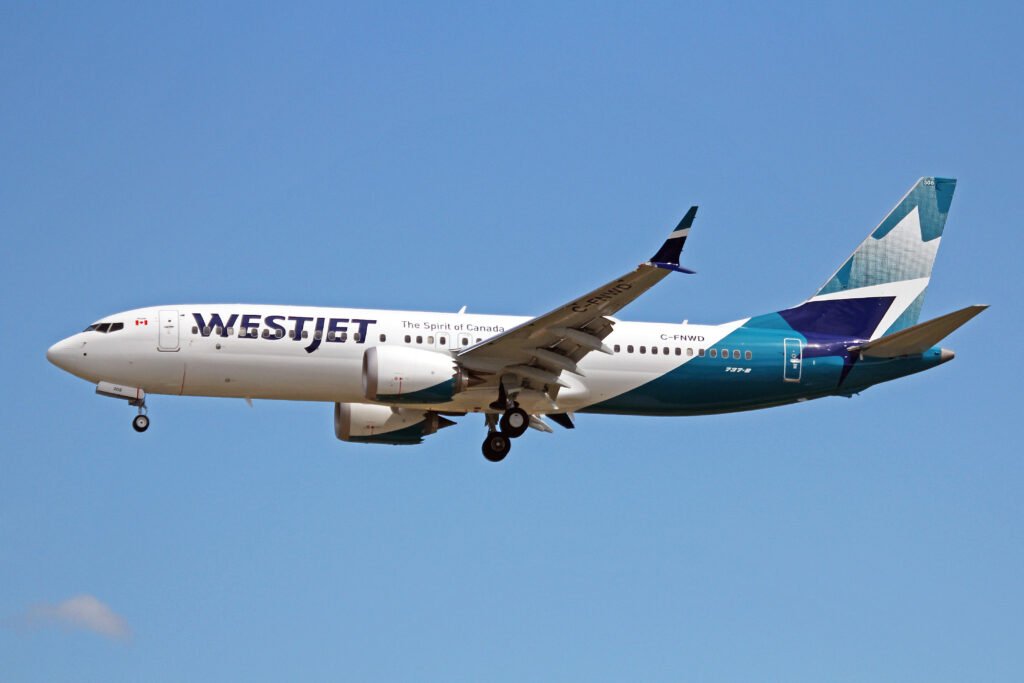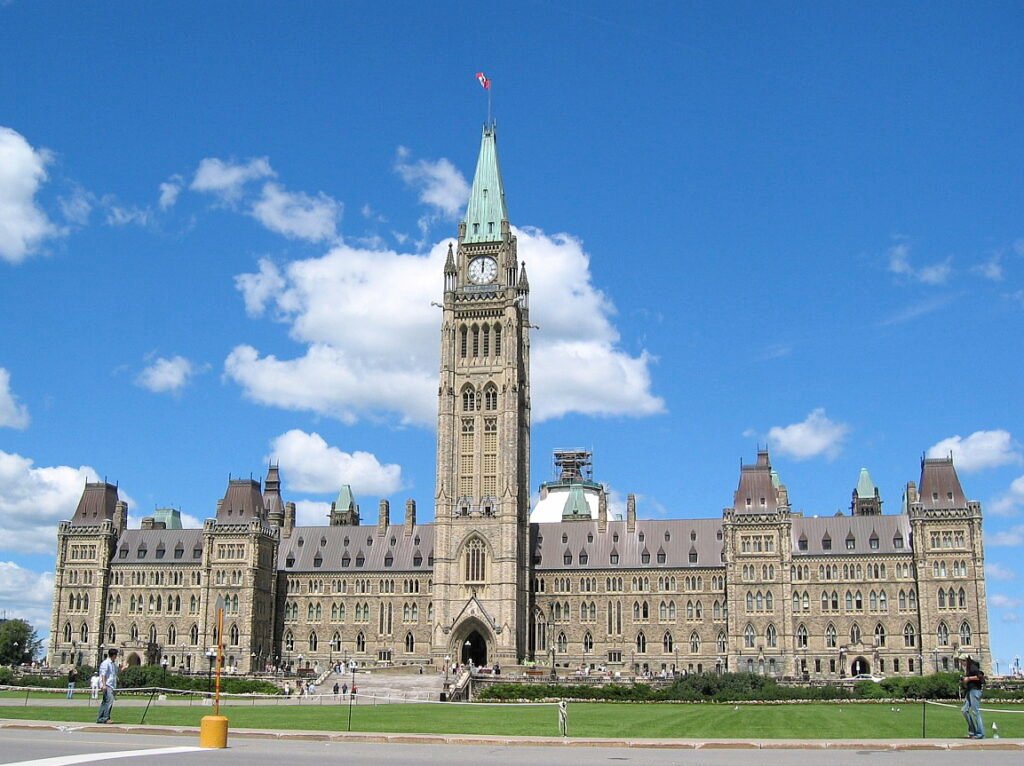

Airlines Cutting Back: Can Ottawa Intervene for Travelers?
>Best Ai tools for your online business
The recent shifts in the airline industry have sparked debates about the rights of travelers and the responsibilities of carriers. With airlines changing their pricing structures and cutting back on essential services, many are questioning whether the Canadian government should intervene. In this blog post, we delve deep into these issues, exploring what these changes mean for travelers and whether Ottawa should take action.
The Changing Landscape of Airline Fares
In recent months, several major airlines in Canada have made significant alterations to their fare structures. As the demand for air travel has rebounded post-pandemic, airlines are adapting to the recovering market conditions. However, this adaptation has raised concerns for many travelers.
The Rise of Basic Fares
One major point of contention is the introduction and modification of basic fare categories across airlines. While these fare structures are marketed as budget-friendly options, they often come with numerous restrictions and additional costs that can leave travelers feeling frustrated and deceived.
- Limited Services: Basic fares typically exclude essential services like seat selection, checked baggage, and even food and drinks on long-haul flights.
- Increased Fees: The lack of included services means travelers may end up paying substantially more than they expected once added fees for baggage and other services are factored in.
- Obscured Pricing: The base fare appears attractive, but when travelers add the cost of essential services, it can lead to confusion and dissatisfaction.
Consumer Backlash
As a result of these changes, many travelers have voiced their dissatisfaction. Social media platforms and consumer advocacy groups have seen a surge in complaints regarding the transparency and fairness of airline pricing. The core of the backlash revolves around a few critical themes:
- Lack of Transparency: Consumers feel that airlines are not being upfront about the total cost of travel when they advertise low base fares.
- Decreased Customer Service: Many travelers report that airlines are cutting back on customer service resources, leaving them with fewer options for assistance.
- Impact on Accessibility: For frequent flyers or those with additional needs, the restrictive practices can add significant stress and financial burden.
Regulatory Questions: Is Government Action Needed?
The question on many travelers’ minds is whether the Canadian government should step in to regulate these fare changes. Advocates argue that more robust regulations could lead to a fairer and more transparent airline industry. Here are some potential areas where intervention may be beneficial:
Improving Price Transparency
One area where the government could intervene is to mandate clearer pricing practices. Travelers should know the total cost upfront without the need to sift through fine print. Proposed measures include:
- Clear Breakdown of Fees: Airlines could be required to provide a detailed breakdown of all mandatory and optional fees at the time of booking.
- Standardized Fare Categories: Establishing standardized meanings for fare categories—what is included and excluded—could help travelers make informed decisions.
Enhancing Consumer Rights
Another important area for potential government regulation is enhancing consumer rights concerning refunds, cancellations, and service interruptions. These recommendations could include:
- Stronger Refund Policies: Implementing regulations that enforce the right to a full refund in the event of flight cancellations or significant schedule changes.
- Access to Compensation: Improving mechanisms for travelers to access compensation for delayed flights and other service issues.
International Insights: Learning from Around the Globe
Canada is not the only country grappling with these airline fare challenges. Several countries have implemented regulations to protect travelers from opaque pricing and inadequate service—could these provide a roadmap for Canada?
European Union Legislation
The European Union has established some of the strictest consumer protection laws regarding air travel. Here are a few examples of their regulations:
- Clear Pricing Requirements: Airlines in the EU must display the total price of flights, including all taxes and fees, alongside the fare.
- Rights to Compensation: Travelers are entitled to compensation for delays and cancellations, a policy that has improved accountability among airlines.
United States Regulations
In the U.S., regulations regarding fare disclosure and service standards have provided consumers